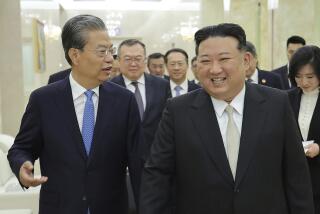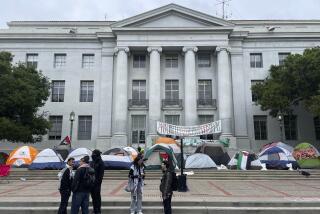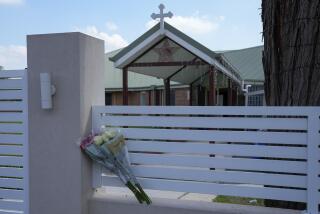Myanmar opens historic new parliament with Suu Kyi’s NLD majority
Myanmar on Monday opened its new parliament with most members coming from Nobel Peace Laureate Aung San Suu Kyi’s party the National League for Democracy (NLD) following the recent historic elections in which the NLD won a sufficient majority to form a government.
The NLD won 80 percent of the available legislature seats in the November elections, the first after the country returned to semicivilian rule in 2011 after a military regime governed for 49 years.
The constitution reserves a quarter of the seats for the military, allowing it to block any attempts to reform the constitution. Control of ministries such as defense, interior and border affairs is also reserved for the military.
In the first parliamentary session presidents of the Upper and Lower House will be chosen before they propose two of the three candidates for the country’s president, with the third to be proposed by the army, and the election will be held in March.
Suu Kyi will not be among these candidates because of a provision in the constitution that bars candidates who have foreign relatives, and in the case of the NLD leader, her two sons hold British passports.
Nevertheless, Suu Kyi said before elections that she will rule from a position “above the president” and lead the next government, which in early April will replace the one formed by former army generals of the late military junta, even though she did not clarify how.
In his last parliamentary appearance, outgoing president, Thein Sein, held Thursday the democratic transition initiated four years ago.
Burma was ruled by military regimes from 1962 to 2011, when the junta transferred power to a civilian government led by Thein Sein, the last prime minister of the dictatorship, and who began implementing political, economic and social reforms to establish a “disciplined democracy.”
The NLD had won the elections in 1990 with an overwhelming majority but the generals ignored the result, continued to rule and did not allow the Burmese to vote until 2010, in a plebiscite that was held with the boycott of the democratic movement of Suu Kyi.










